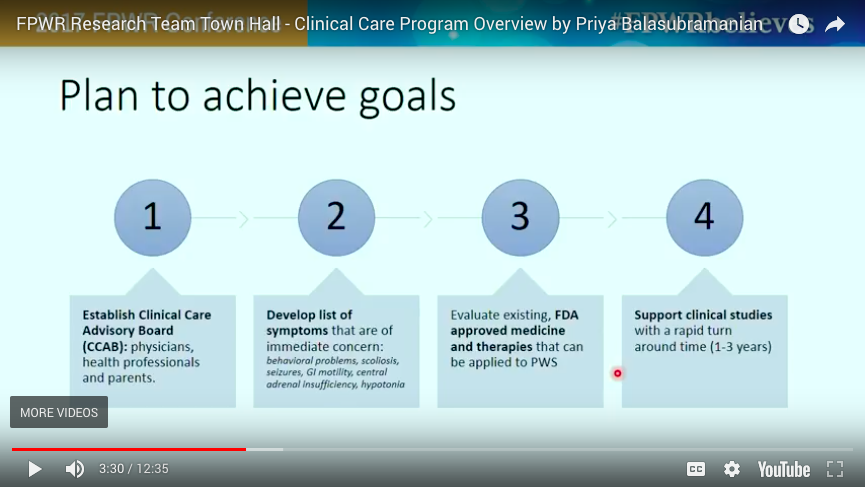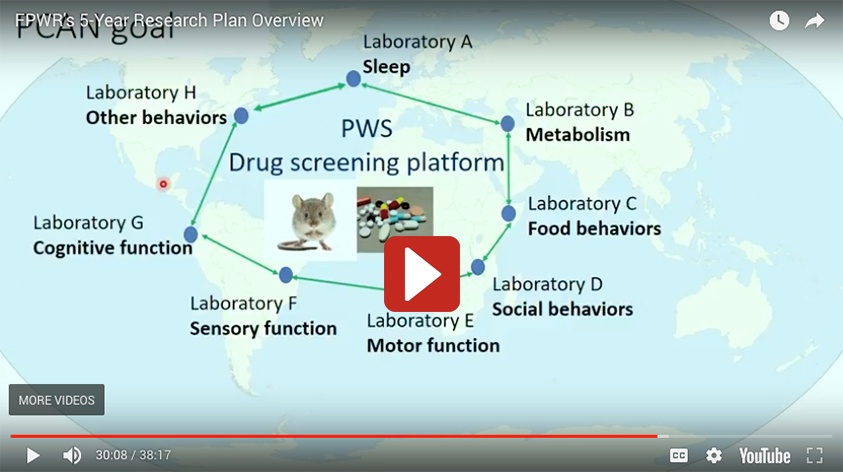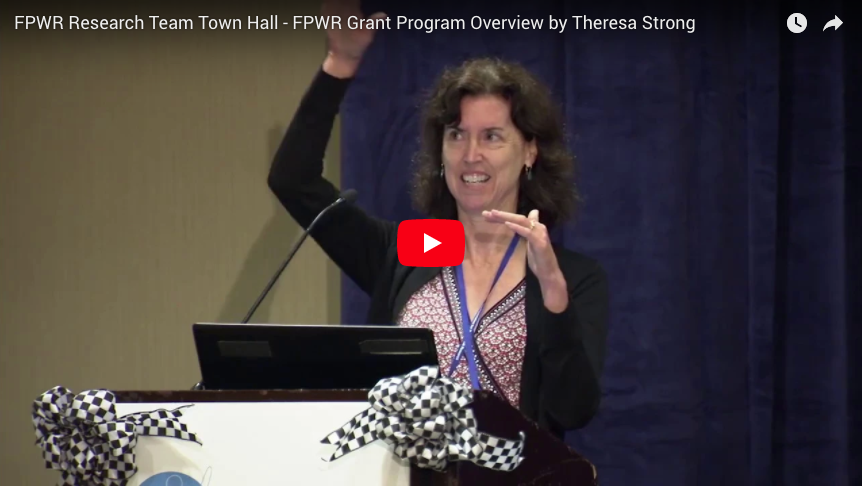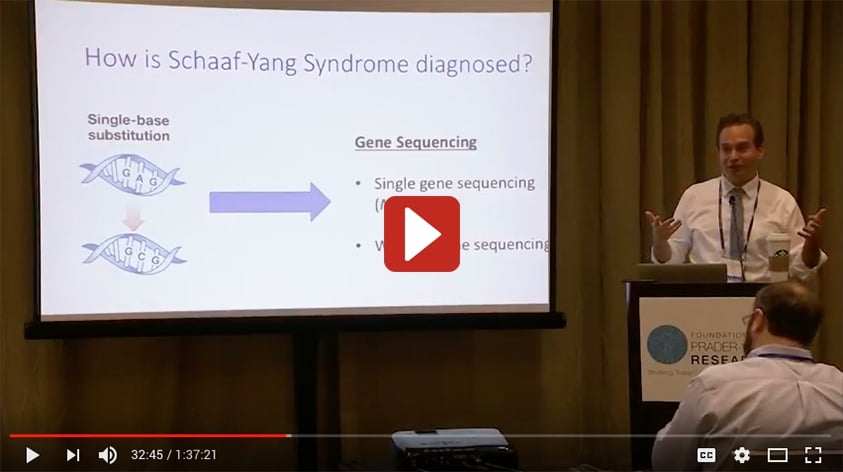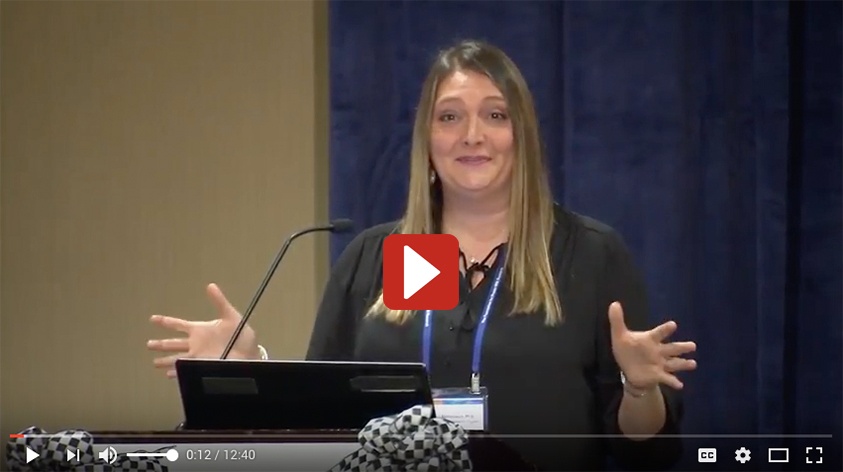Topics: Research
This blog contains excerpts from the Clinical Care Program for PWS Overview presented by research team member Priya Balasubramanian at the FPWR 2017 conference. You can watch the full presentation by clicking on the embedded video below. In case you ...
Children with PWS typically have growth hormone deficiency (GHD), and treating them with growth hormone has been shown to have beneficial effects on growth, body composition, motor function, and possibly cognitive development.
Topics: Research
This blog contains excerpts from the FPWR Five-Year Research Plan Overview presented by research team member Nathalie Kayadjanian at the FPWR 2017 conference. You can watch the full presentation by clicking on the embedded video below. In case you do...
Topics: Research
This blog contains excerpts from Improving Social Skills In PWS, a presentation given by Elizabeth Roof at the FPWR 2017 conference. Her presentation of just over an hour covered two main topics: the behavioral phenotype of PWS and an online social s...
Topics: Research
This blog provides a brief summary of the FPWR Grant Program Overview presentation given by research team member Theresa Strong at the FPWR 2017 conference. You can watch the full presentation by clicking on the embedded video below. In case you don'...
Topics: Research
This blog provides a brief summary of the FPWR 2017 conference presentation about the ways in which Schaaf-Yang syndrome and Prader-Willi syndrome are related. The talk was presented by Drs. Christian Schaaf, Ryan Potts and Rachel Wevrick. You can wa...
Topics: Research, Schaaf-Yang Syndrome
Issues with bone development and structure are very common in individuals with Prader-Willi syndrome (PWS). While most people in the PWS community are familiar with issues spinal issues, in particular scoliosis, people with PWS are also at higher ris...
Topics: Research
The Prader-Willi Syndrome Clinical Trials Consortium (PWS-CTC) was created in 2015 to address challenges and accelerate clinical trials for PWS. Key challenges include better understanding the progression of the disease (or natural history), developi...
Topics: Research
This blog provides a brief summary of the PWS Registry presentation by research team member Jessica Bohonowych at the FPWR 2017 conference. You can watch the full presentation by clicking on the embedded video below. In case you don't have time to wa...
Topics: Research




